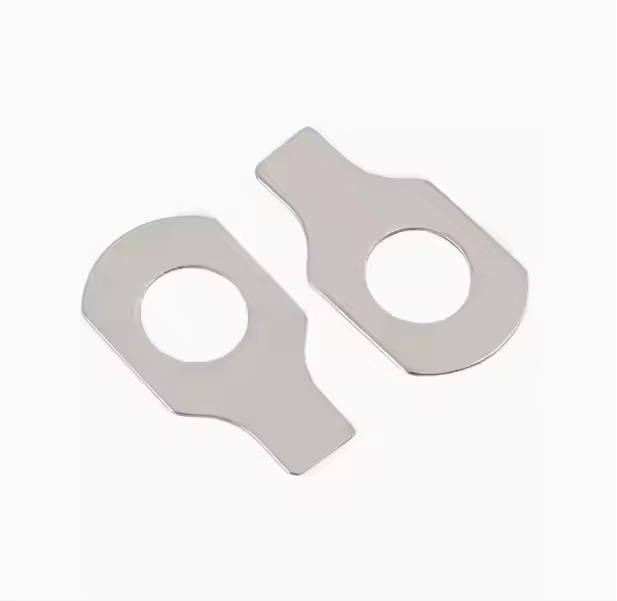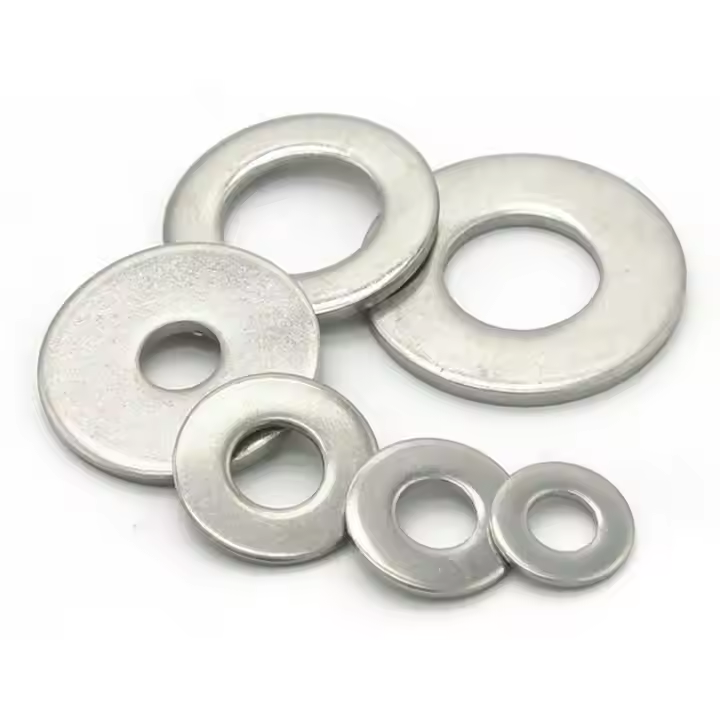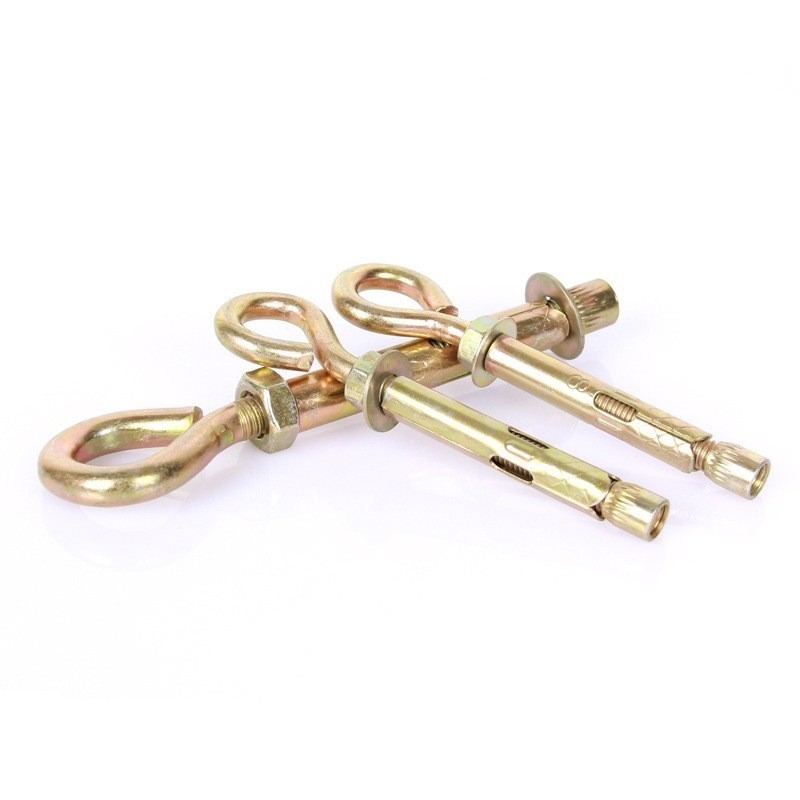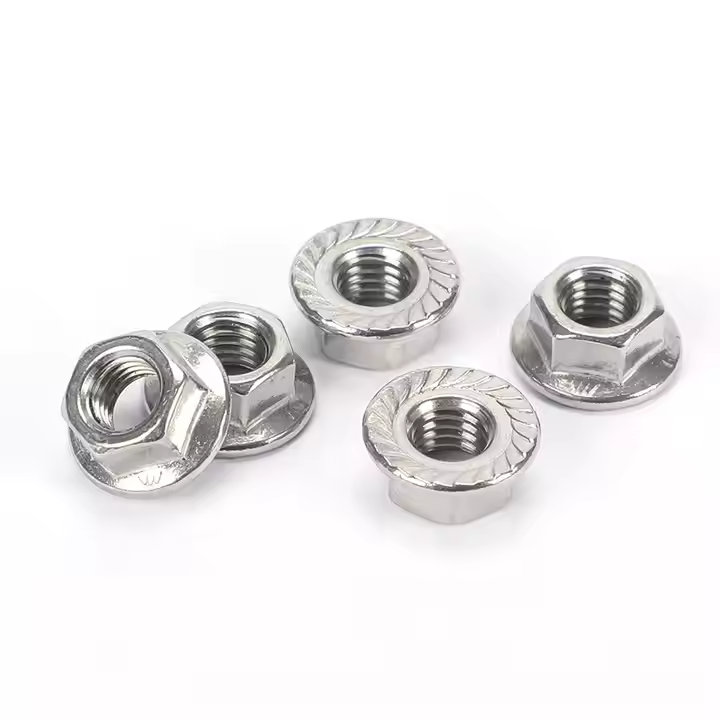

This guide provides comprehensive information on selecting the appropriate concrete anchor bolts for various applications. We'll cover different types, installation methods, load capacity considerations, and factors influencing your choice. Whether you're a seasoned professional or a DIY enthusiast, this resource will help you make informed decisions to ensure the structural integrity of your project.
Concrete anchor bolts are essential fasteners used to securely attach structural elements, equipment, or machinery to concrete substrates. Their effectiveness relies on several factors, including the type of bolt, the concrete's strength, and the installation method. Selecting the wrong type can lead to failure, compromising the overall safety and stability of your project. Understanding the diverse range of available options is crucial for success. At Hebei Muyi Import&Export Trading Co.,Ltd (https://www.muyi-trading.com/), we understand the importance of quality fasteners and offer a wide selection.
Several types of concrete anchor bolts cater to different needs and applications. Common types include:
The load capacity of a concrete anchor bolt is crucial. This depends on factors like the bolt's diameter, length, and material (typically steel, stainless steel, or galvanized steel). The type of concrete and its compressive strength are equally important. Always consult load tables provided by the manufacturer to ensure you select an anchor capable of supporting the intended load. Incorrect sizing may result in failure. Remember to factor in safety margins.
The type and condition of the concrete significantly influence the choice of concrete anchor bolt. Cracked or weakened concrete necessitates the use of anchors with higher holding power, such as chemical anchors. The density and compressive strength of the concrete should also be considered when choosing an appropriate anchor.
The installation method varies depending on the type of concrete anchor bolt selected. Some require specialized tools, such as impact drills or power drivers, while others can be installed using simpler hand tools. Ensure you have the correct tools and follow the manufacturer's instructions carefully.
Let's say you need to secure a heavy piece of machinery (1,000 lbs) to a concrete floor. You've assessed the concrete's compressive strength and determined it's suitable for expansion anchors. After consulting load capacity charts from several reputable manufacturers (like Hilti or Simpson Strong-Tie), you select sleeve anchors with a proven load capacity exceeding 1,500 lbs to ensure a significant safety factor. Remember, always verify your selection with engineering calculations for critical applications.
Selecting the appropriate concrete anchor bolts is paramount for any project involving the attachment of elements to concrete. Understanding the various types, considering the load capacity, and carefully evaluating the concrete's condition are vital steps in ensuring the safety and structural integrity of your work. Always consult manufacturers’ specifications and consider seeking professional advice for complex applications.
| Anchor Type | Load Capacity (lbs) | Suitable Applications |
|---|---|---|
| Expansion Anchor | Varies by size and manufacturer | General purpose fastening |
| Sleeve Anchor | High, varies by size and manufacturer | Heavy-duty applications |
| Chemical Anchor | Very High, varies by resin and manufacturer | High-strength applications, cracked concrete |
Disclaimer: This information is for general guidance only. Always consult manufacturer specifications and relevant building codes before undertaking any project.













Please enter your email address and we will reply to your email.